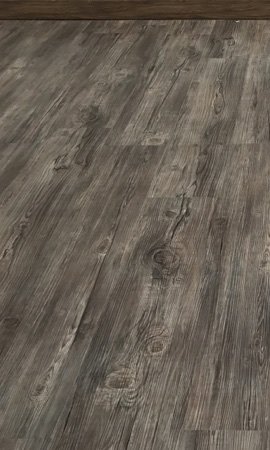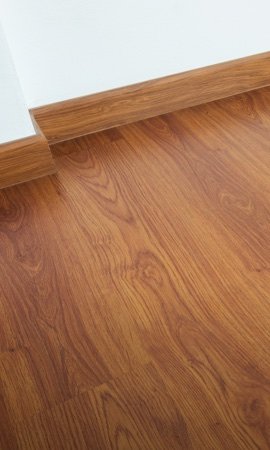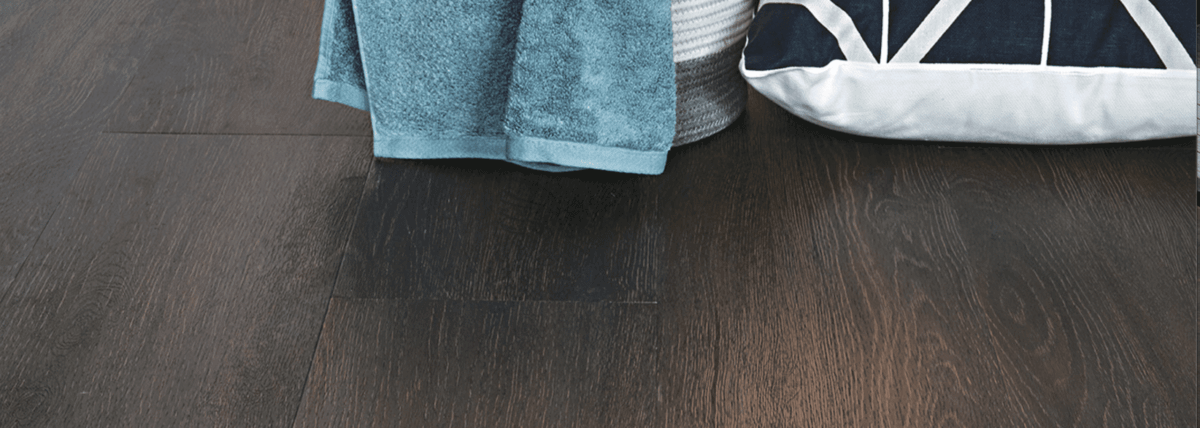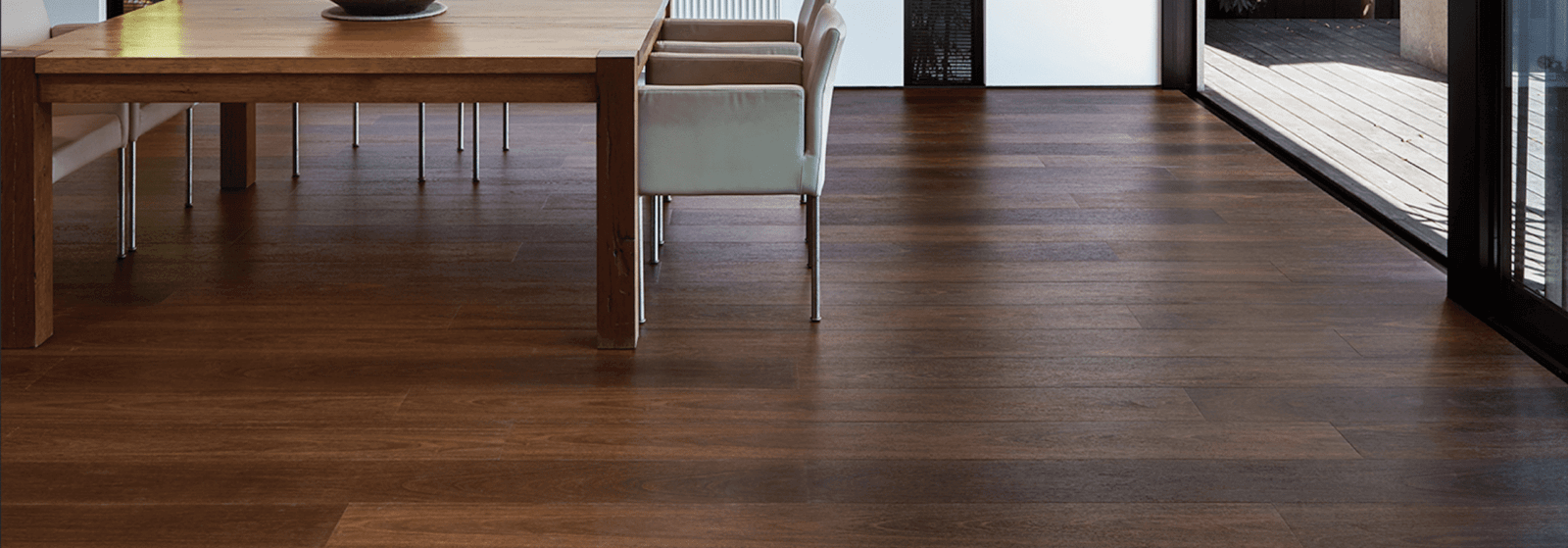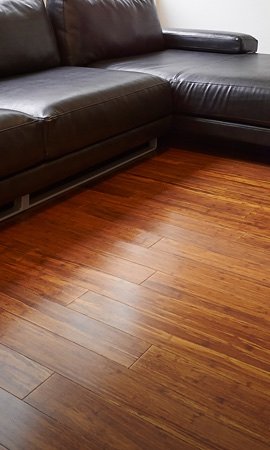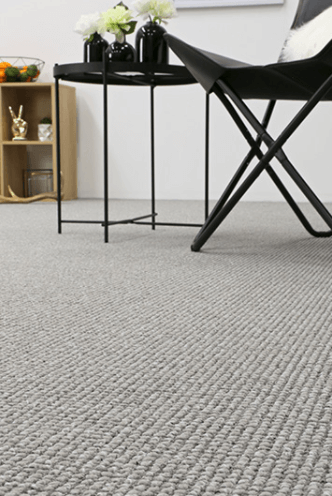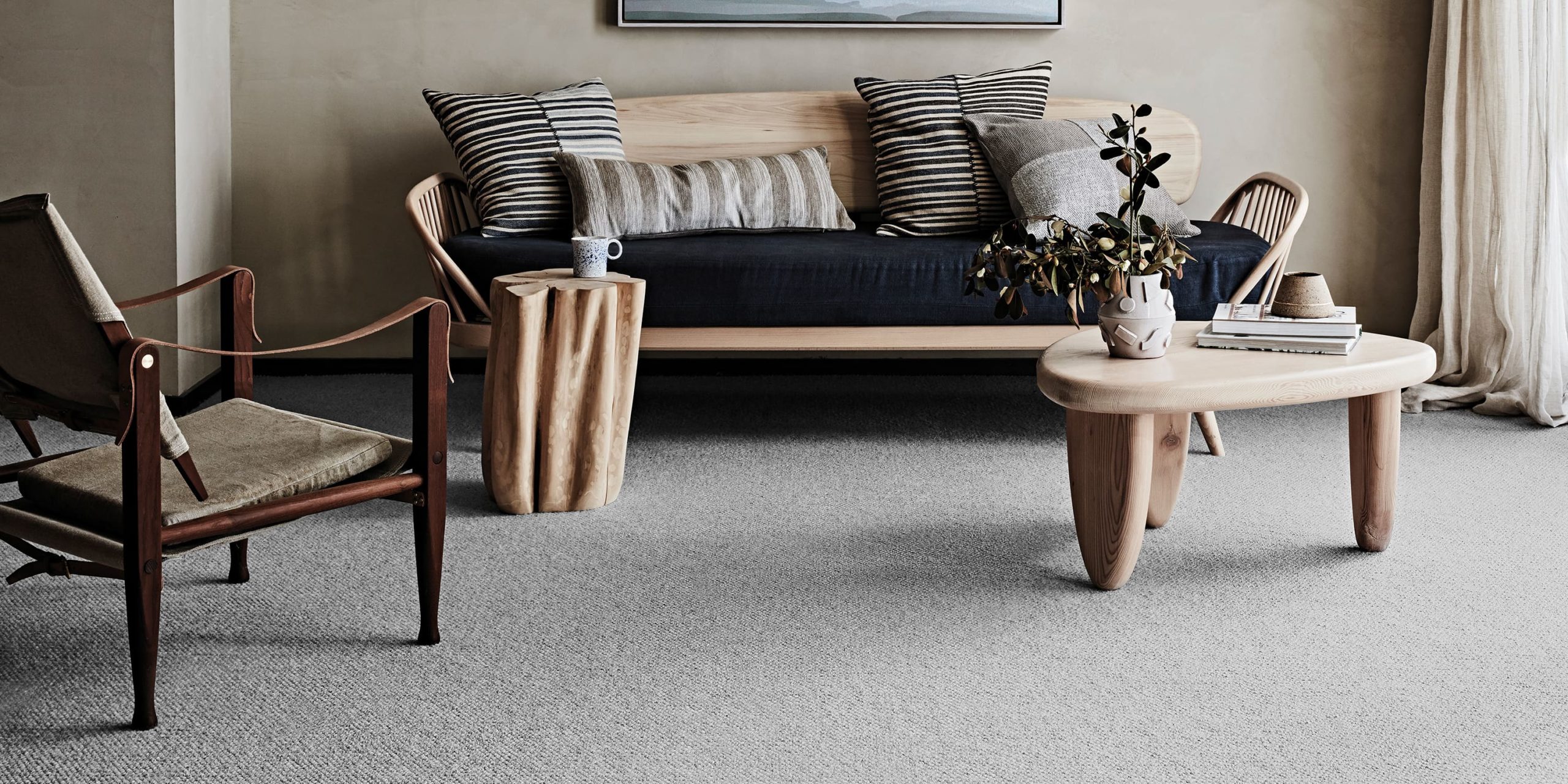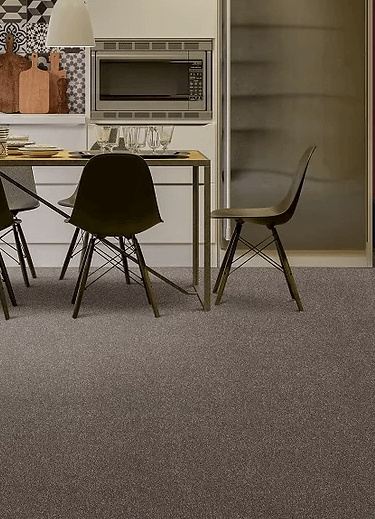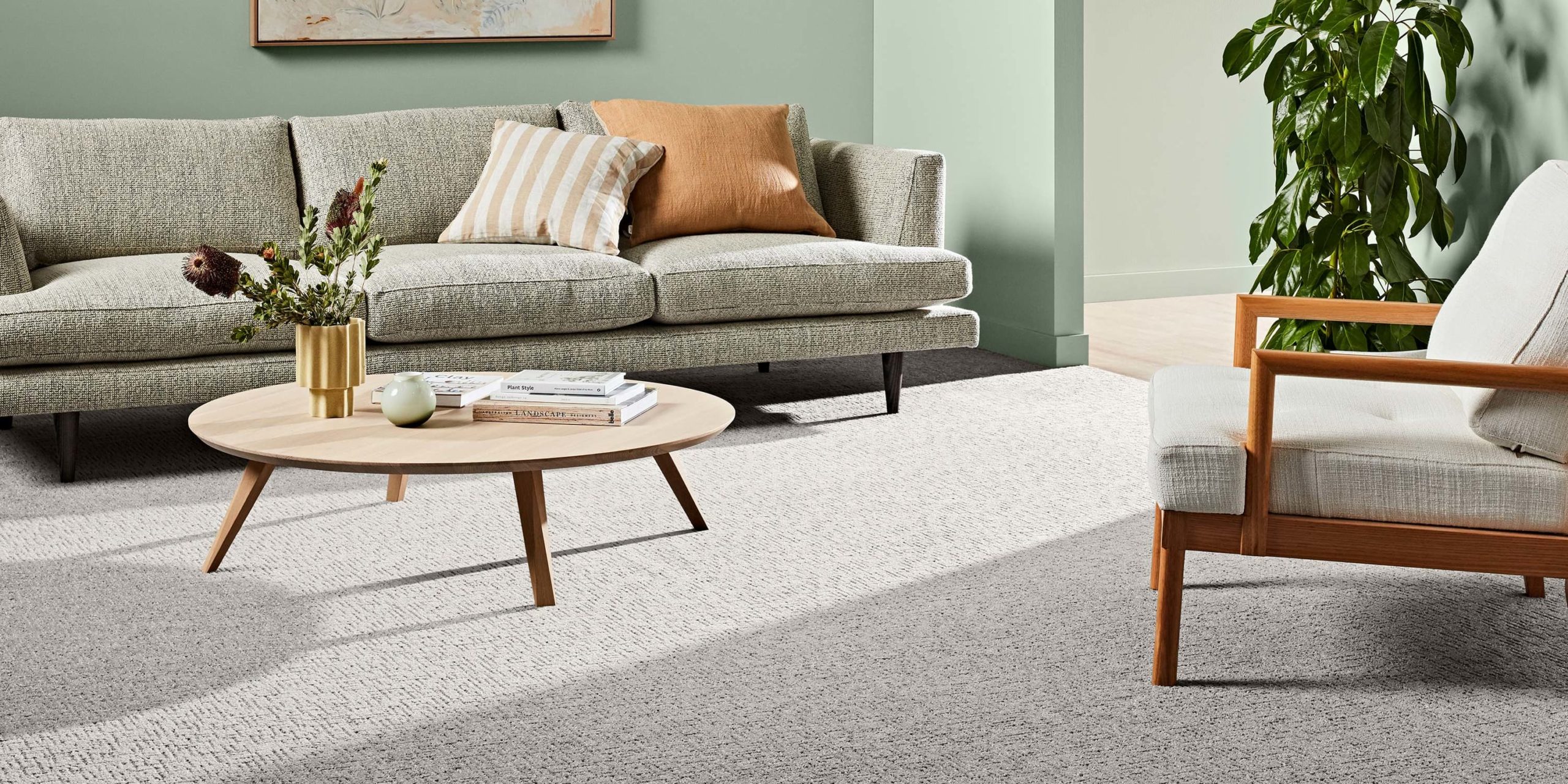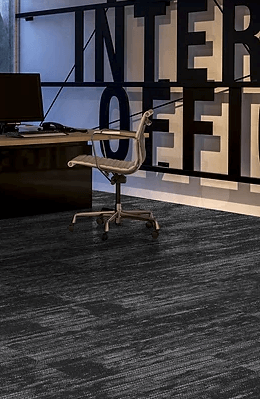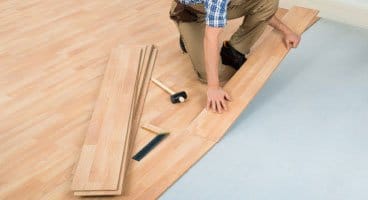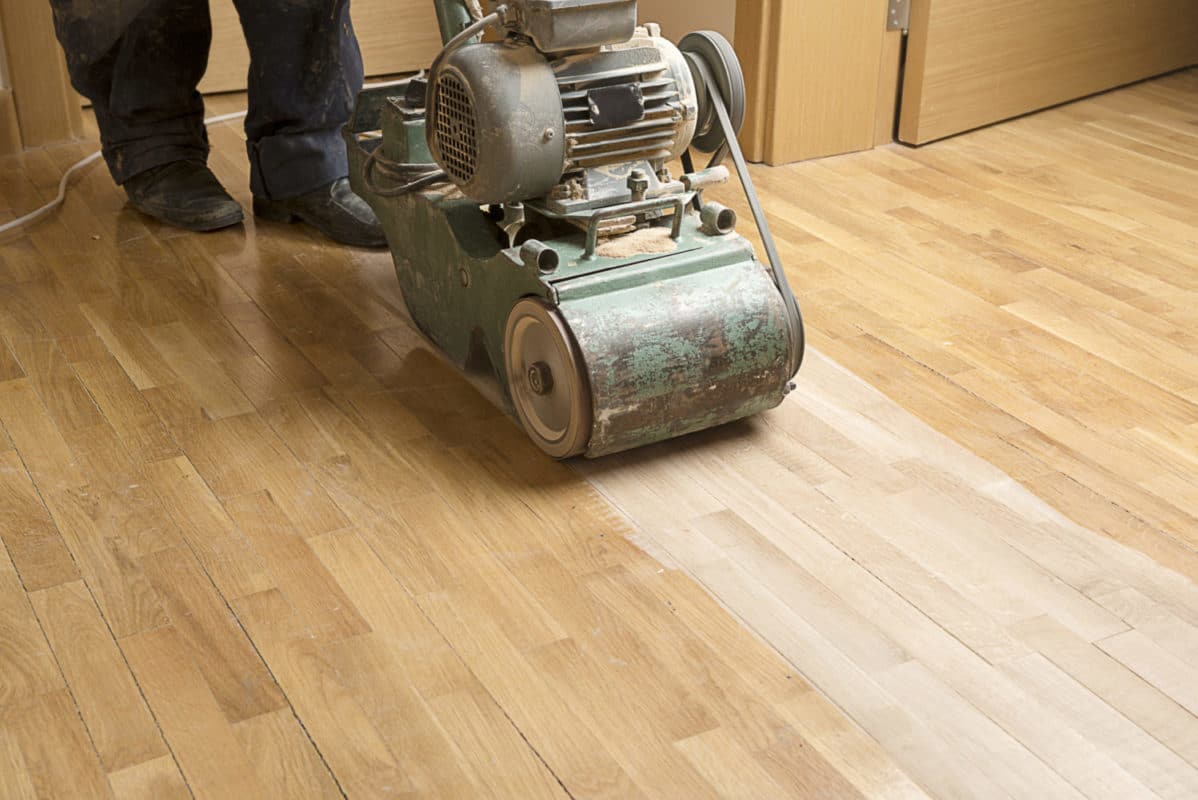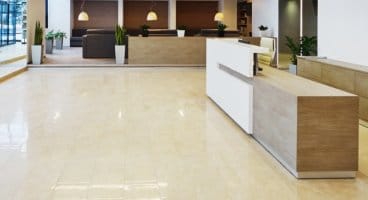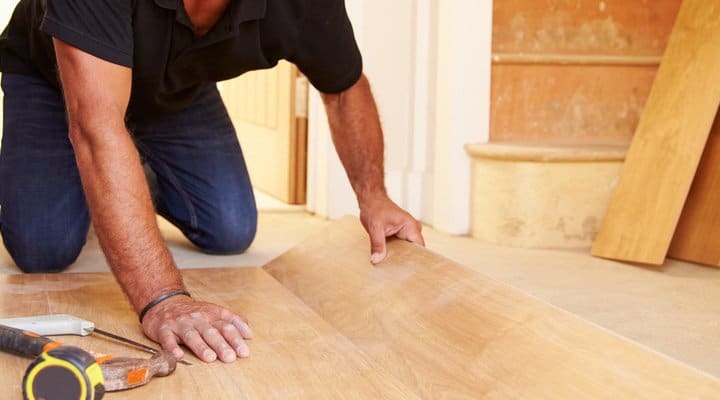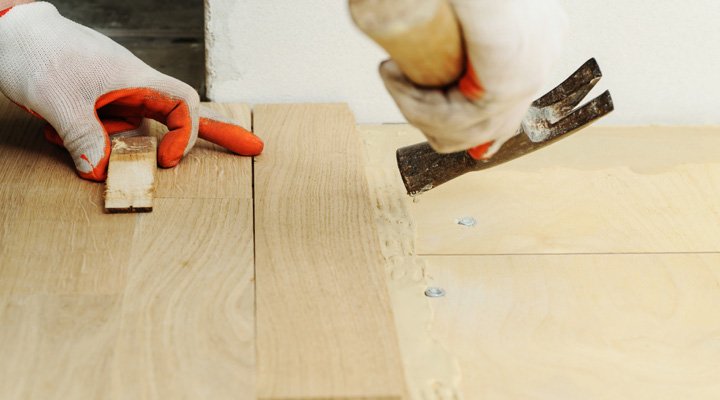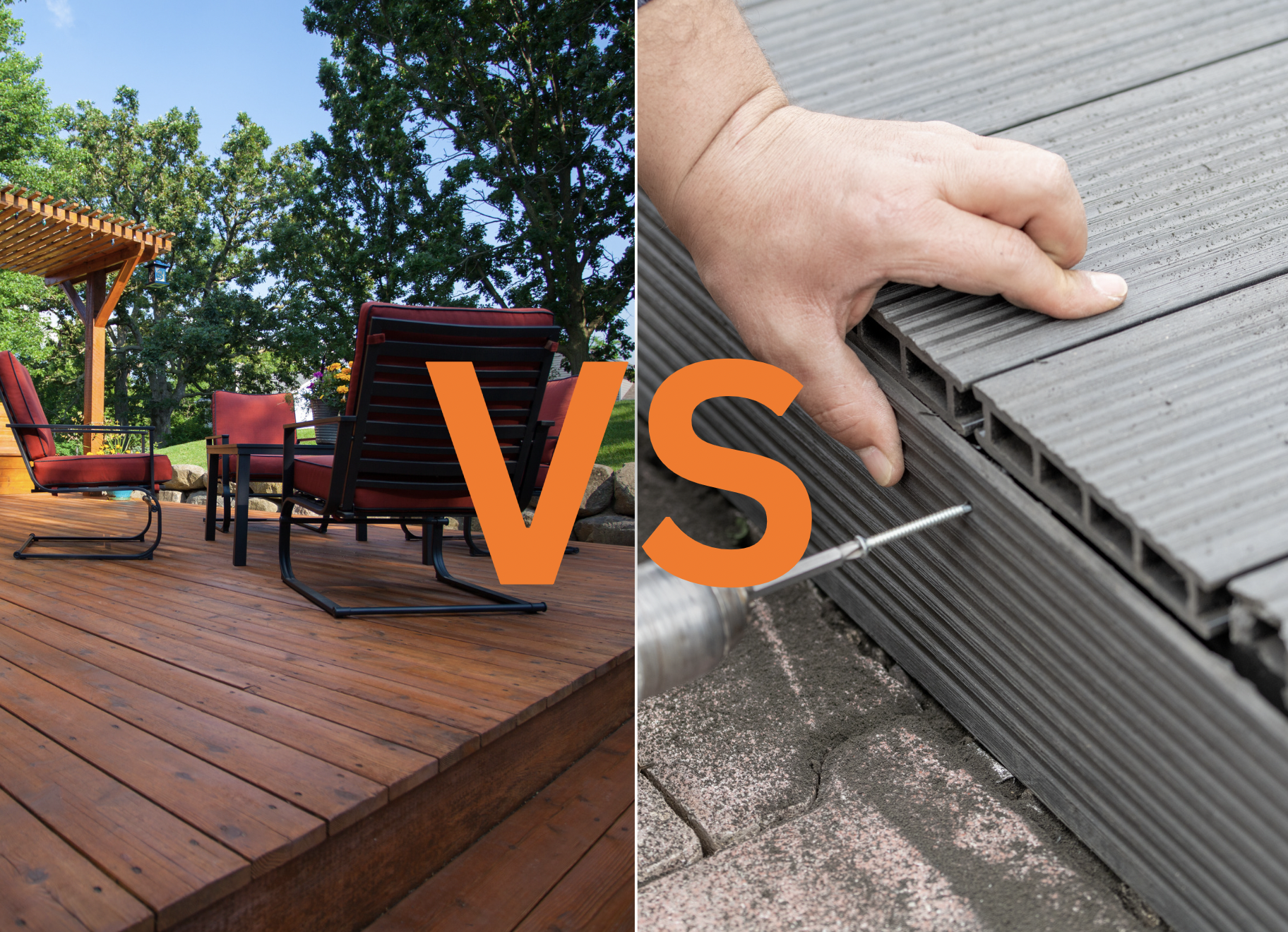

29 Jan Timber Decking vs Composite WPC Decking
As far as outdoor decking materials go, you really have two main choices to select from: timber decking and composite decking. Like many things in life, there is no objectively correct answer to this decision. Each one has its pros and cons, but we’ll help you understand all the ins and outs of composite decking and hardwood decking so you can make an informed decision for yourself.
What is Timber Decking?
Timber decks are a more natural choice as they are entirely made from hardwood and nothing else. A natural wood timber deck has an unmistakable look to it that anyone can recognise as the real thing.
Timber decking can be made from a variety of different woods, including hardwood flooring, softwood decking boards and pressure-treated lumber, usually pine. Real timber offers a more beautiful and natural finish, and every plank is unique.
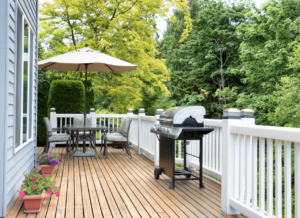

What is Composite WPC?
Composite wood decking is a relatively recent invention and is a combination of wood fibres and synthetic or recycled plastic materials. WPC, or wood plastic composite decking, are generally pretty good at mimicking the real thing but you can often still tell the difference between the two.
One of the main reasons composite decking is such a viable option is because of its resistance to problems that normally only occur in natural wood. Composite wood decking is immune to water, termite infestations, rotting, mould, and mildew to mention a few. This makes them much easier to maintain and doesn’t require annual sanding and re-polishing.
Timber Decking vs Wood Plastic Composite Decking
Looks and Visual Design
A natural wooden deck will almost always look better against a composite deck due to the unique grain and texture that you can only get from all real wood.
While composite decks can have nice visuals themselves, this can be a hit-or-miss process. Part of the reason why is due to what materials are actually being put into the WPC planks.
Not all composite decking is made equal. Some composite decking will use higher quality materials, and others will use low-quality ones. This will have an impact not only on the durability of the composite decking but the looks as well.
When it comes to looks, nothing beats a real wood deck. And to be frank, you tend to get what you pay for when it comes to this.
Winner: Timber Decking
Installation
Composite wood decking is easier to install than hardwood decking. This is because composite decking is often installed with clips and a tongue and groove system so it’s usually a little faster than standard timber products that requires screws and nails.
Having said that, natural wood is a little more flexible and softer than composite, so this can make it a little easier to work with in specific situations, like tighter spots or working with joints.
Overall, WPC decking is easier to install and likely comes with more affordable labour.
Winner: Composite Decking
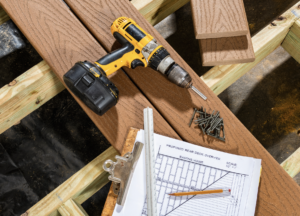

Cleaning and Maintenance
This is an area where composite decking wins by a mile and it’s not even close. Because of the mixture of wood and plastic materials, composite decking is very easy to take care of and clean.
With a traditional timber deck it requires regular resealing and resurfacing about once a year to protect the outer layer from the natural elements. Composite decking requires no such excessive maintenance, though they should be cleaned properly once every three years or so. If not, they can become prone to mold infestations.
Winner: Composite Decking
Comfort
While this is another subjective category, composite decks tend to be more comfortable over time. Some people might personally prefer the harder feeling of an all wood deck, but there are a few things to keep in mind that you might not even notice for the first couple of years.
Wood decks are more prone to splintering, warping and weakened boards over time. This is a natural process that is largely unavoidable, even with good upkeep and maintenance.
Composite decking will never splinter which ultimately makes it the more comfortable decking type. This is especially important if you plan on installing the decking near a swimming pool used by children often. If comfort and safety are your priority in this scenario, composite decking will be a better choice.
Winner: Tie – Depends on individual preference!
Cost and Budget
Composite decking is always more expensive than wood decking as the cost of manufacturing WPC planks outweighs that of natural timber. So if you’re working on a tight budget than wood decking will definitely be the option to go for.
Keep in mind that this story can change after a few years. Because wood decking requires more maintenance, it can end up being more expensive in the long run. Real wood requires annual maintenance whether sanding and polishing, or putting on a new protective coating.
Winner: Timber is more affordable, but will cost more in the long run to maintain.
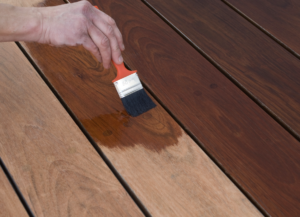

Environmental Friendliness
This is a more complicated subject, and determining which decking is more environmentally friendly may depend entirely on where you live.
When it comes to wood decking, timber is very much a renewable resource, especially in Australia. It can be sustainably acquired from both natural forests and lumber plantations.
On the other hand, a lot of composite decking is made up of recyclable materials including sawdust. This reduces the amount of timber that needs to be harvested. Furthermore, WPC decking tends to last longer than timber overall.
Hence we cannot yet say one is more environmentally friendly than the other.
Winner: Tie – Still under debate!
Which Decking is Better for You – Timber or Composite WPC?
Now that you’ve learned all the basics of real timber and WPC decking, you should feel confident in finally making a choice for your own patio design.
On the other hand, if you’re still not quite ready to make a decision and just require a little bit more advice or some consultation, get in touch with FloorVenue at any time. We’ll guide you through any decking questions you have and make sure that you get the decking materials that best match your dream patio.
